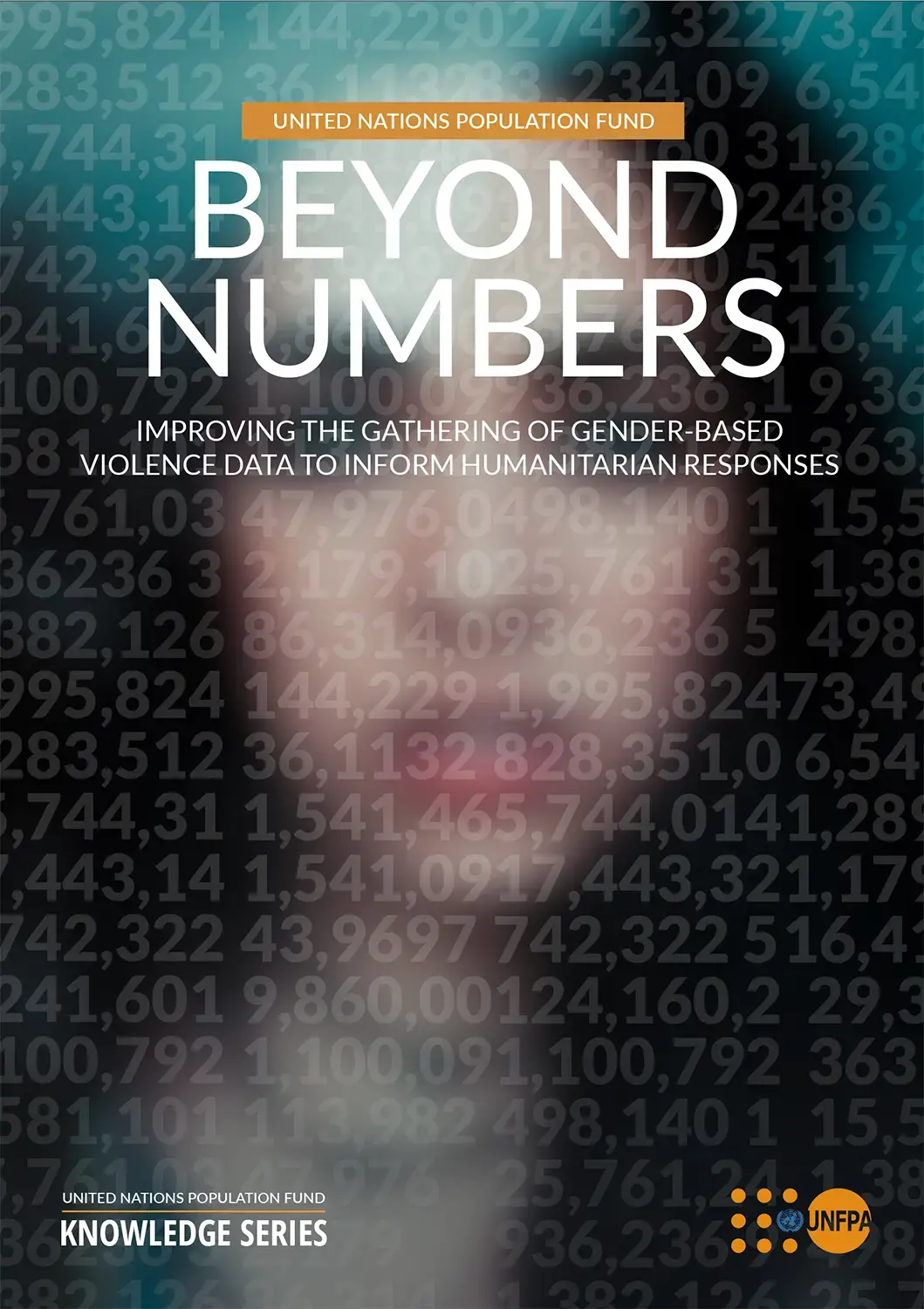This Knowledge Series guide provides a roadmap for producing in-depth gender-based violence analyses to inform humanitarian responses.
It is widely acknowledged that prevalence data is not necessary for establishing effective gender-based violence responses. As such, this guide aims to inform gender-based violence (GBV) responders, GBV coordinators, and humanitarian actors on how to collect GBV data safely to inform humanitarian responses, especially in contexts where available information on GBV is limited.
The content of this guide is based on the experience of the Whole of Syria GBV Area of Responsibility (AoR) which, over the six years prior to the publication of this guide, has annually produced one of the most positively-reviewed and evaluated in-depth analyses of gender-based violence in a humanitarian context, called Voices from Syria. The guide covers the essential steps taken to gather GBV data - from conducting assessments, analysing data and producing the report. Included in the guide is an in-depth description of the methodology that can be used to collect qualitative data, the reasons for adopting said methodology, and a detailed description of the key role that a publication like Voices from Syria can serve in informing programme design and advocacy. Challenges and lessons learned throughout the process have also been shared to help inform any replication of the methodology. Lastly, a section for COVID-19 has been added at the end of the guidance to provide recommendations on how to adapt data collection in light of the various restrictions and considerations brought about by the pandemic.
The guide is for gender-based violence coordinators or specialists who need to gather information on gender-based violence, particularly through the use of qualitative data. The data gathered can be fed into humanitarian needs overviews (HNOs), which in turn can inform the whole humanitarian response, be it protracted or acute. Most importantly, this guide can help in the development of products that serve to amplify the voices of women and girls and ensure that these voices directly inform the programmes that are designed to serve them.


